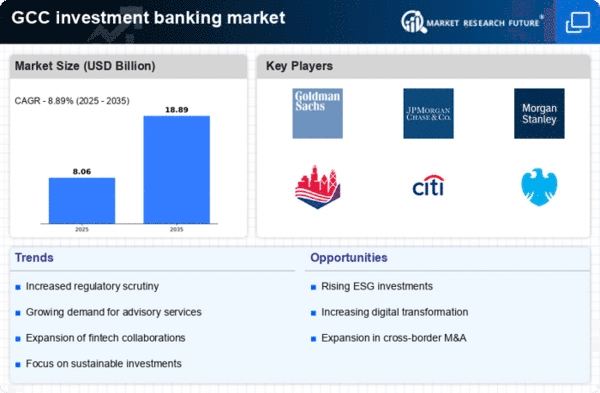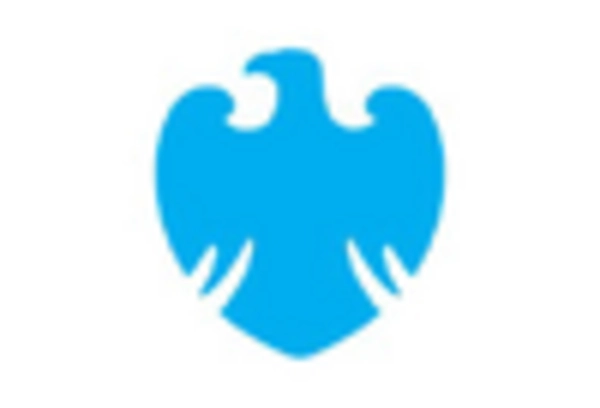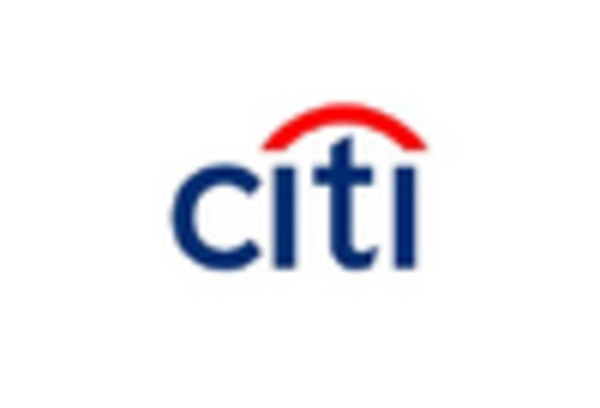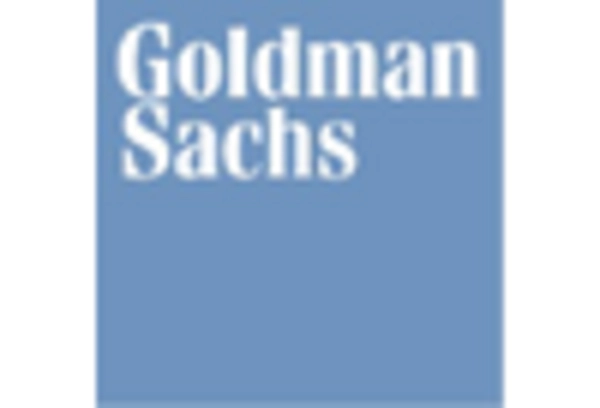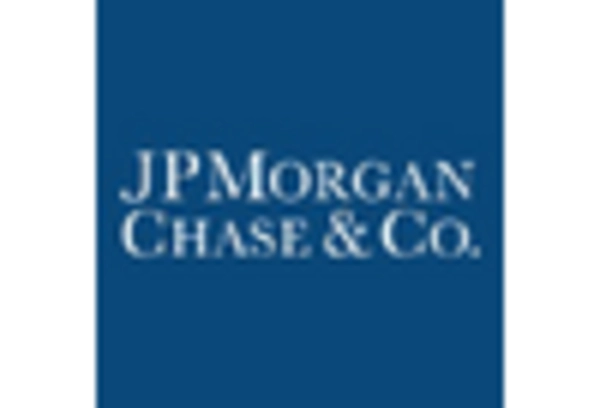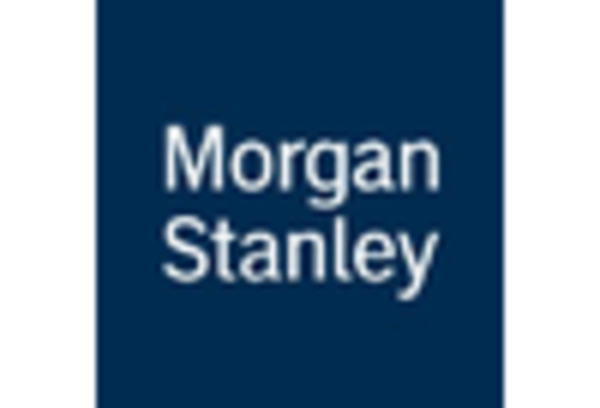Evolving Regulatory Landscape
The investment banking market is navigating an evolving regulatory landscape that is shaping the operations of financial institutions in the GCC. Recent reforms aimed at enhancing transparency and compliance are prompting investment banks to adapt their strategies and practices. In 2025, regulatory compliance costs for investment banks in the region are anticipated to increase by approximately 15%, necessitating a focus on risk management and governance. This shift may lead to increased demand for advisory services related to regulatory compliance, as firms seek to navigate complex legal frameworks. While these changes present challenges, they also offer opportunities for investment banks to differentiate themselves by providing expert guidance and innovative solutions that address the evolving needs of clients in the investment banking market.
Increased Infrastructure Investment
The investment banking market is poised to gain from the surge in infrastructure investment across the GCC. Governments in the region are prioritizing large-scale infrastructure projects, including transportation, energy, and urban development, as part of their economic diversification strategies. In 2025, infrastructure spending in the GCC is expected to reach approximately $100 billion, creating substantial opportunities for investment banks to provide financing solutions and advisory services. This influx of capital is likely to stimulate economic growth and attract foreign investment, further enhancing the role of investment banks in structuring and executing complex financing arrangements. As infrastructure projects often require significant capital, the investment banking market is positioned to play a pivotal role in facilitating these investments, thereby contributing to the overall economic development of the region.
Growing Demand for Sustainable Finance
The investment banking market is witnessing a shift towards sustainable finance, driven by increasing awareness of environmental, social, and governance (ESG) factors among investors and corporations. In the GCC, there is a rising demand for green bonds and sustainable investment products, as companies seek to align their operations with global sustainability goals. In 2025, the issuance of green bonds in the region is projected to surpass $10 billion, indicating a growing trend towards responsible investing. Investment banks are adapting to this shift by developing innovative financial products that cater to the sustainability agenda. This evolution not only enhances the reputation of investment banks but also positions them as leaders in the emerging sustainable finance market, which is likely to expand significantly in the coming years.
Rising Mergers and Acquisitions Activity
The investment banking market is currently experiencing a notable increase in mergers and acquisitions (M&A) activity within the GCC region. This trend is driven by companies seeking to enhance their competitive positioning and expand their market reach. In 2025, M&A transactions in the GCC are projected to exceed $50 billion, reflecting a robust appetite for consolidation. Investment banks play a crucial role in facilitating these transactions by providing advisory services and capital raising solutions. Additionally, the growing interest in cross-border deals underscores their importance in navigating complex regulatory environments. As firms pursue strategic partnerships and acquisitions, the investment banking market is likely to benefit from heightened demand for advisory services, thereby solidifying its position as a key player in the financial landscape.
Technological Advancements in Financial Services
The investment banking market is currently influenced by rapid technological advancements that are reshaping the financial services landscape. The adoption of fintech solutions, artificial intelligence, and blockchain technology is transforming how investment banks operate and deliver services. In 2025, it is estimated that investment banks in the GCC will allocate over $1 billion towards technology investments to enhance operational efficiency and client engagement. These innovations are expected to streamline processes, reduce costs, and improve the overall client experience. As technology continues to evolve, investment banks must adapt to remain competitive, potentially leading to new business models and service offerings that cater to the changing needs of clients in the investment banking market.


